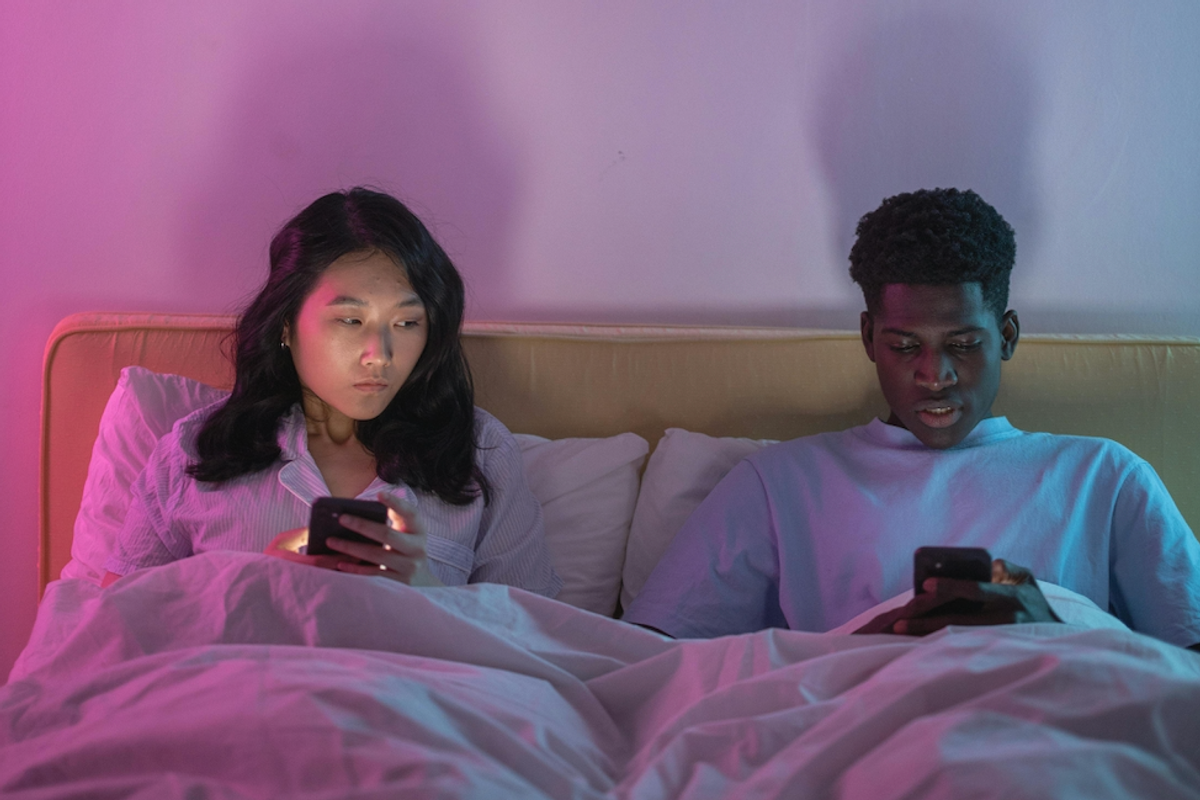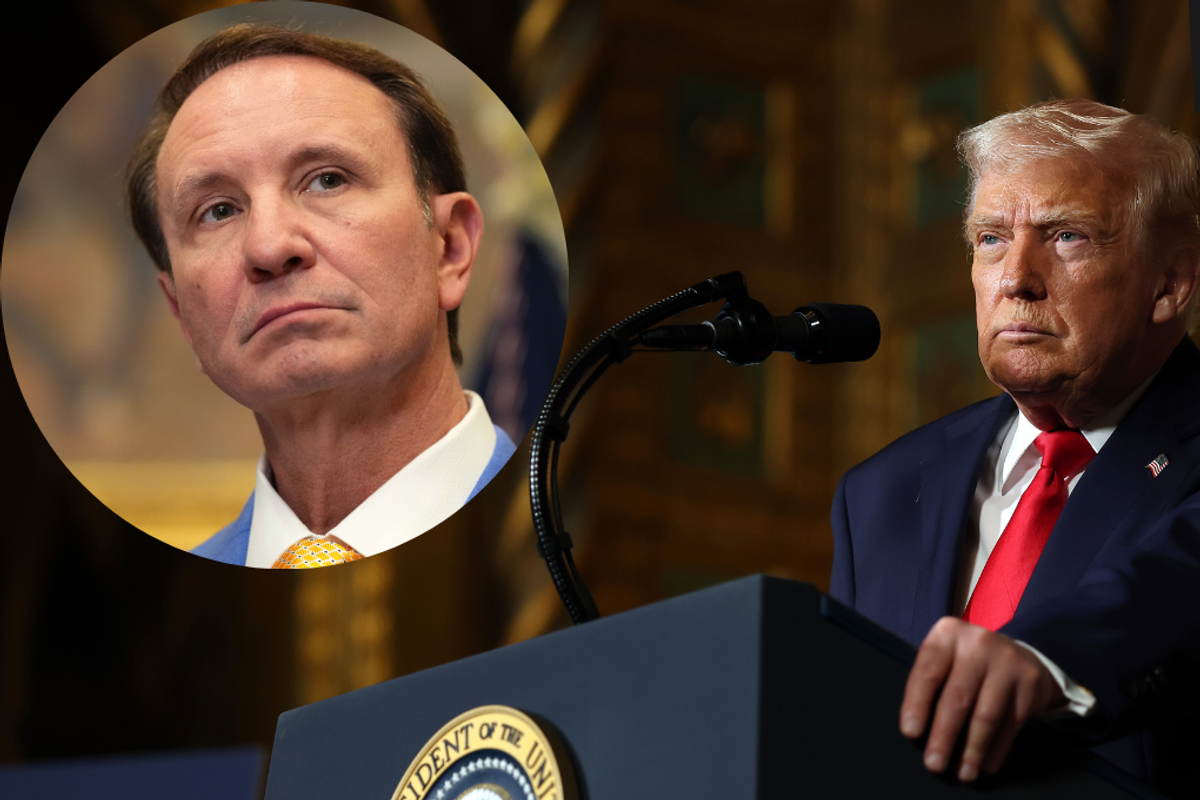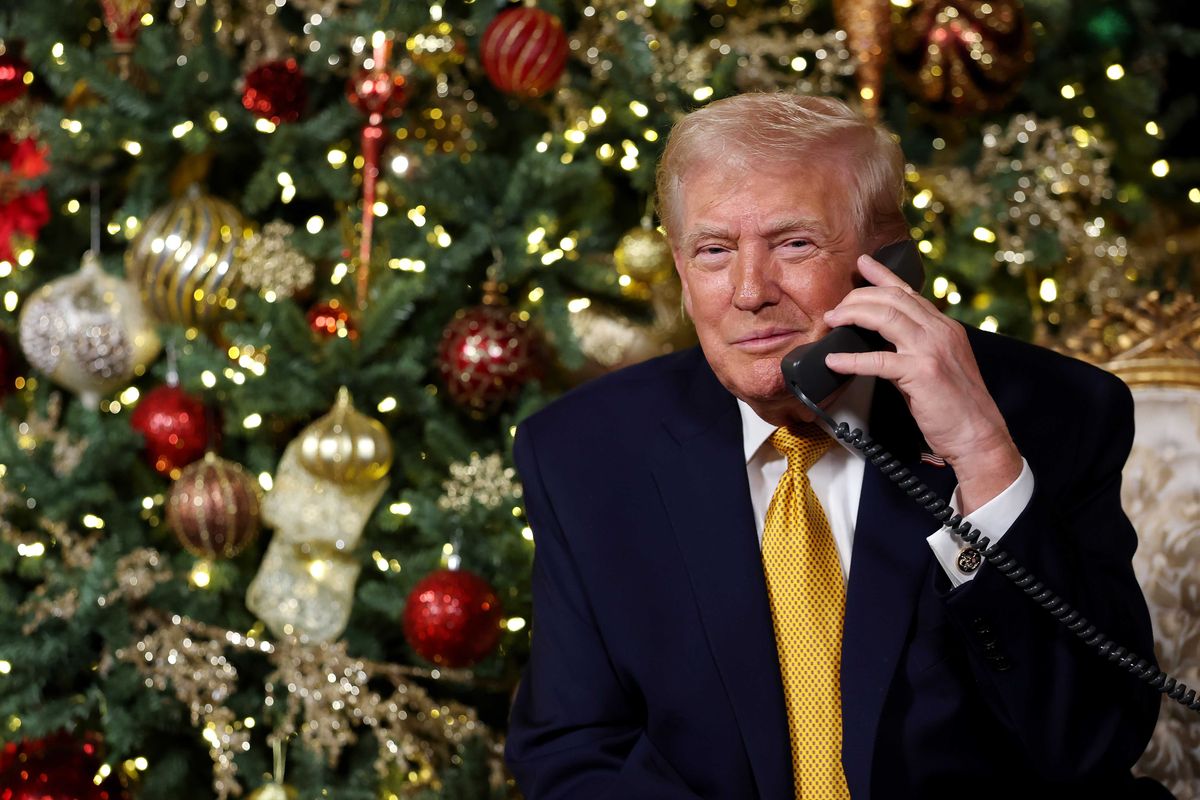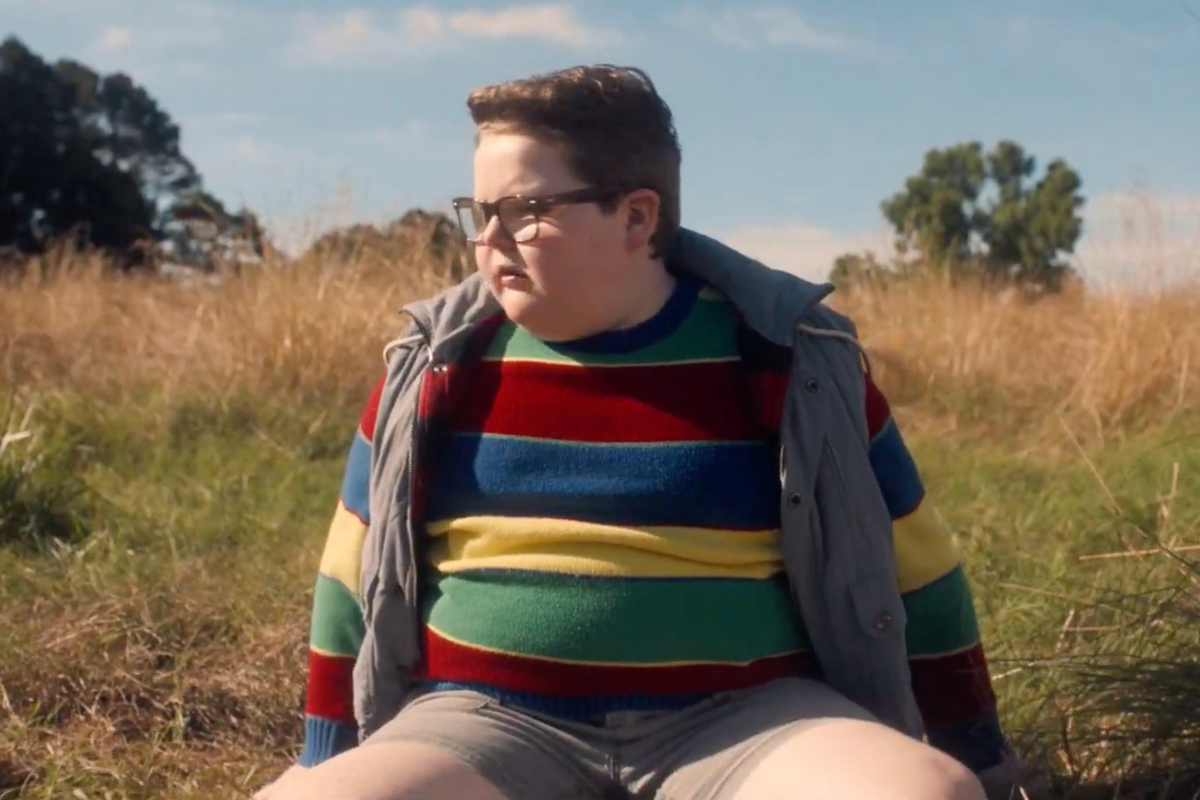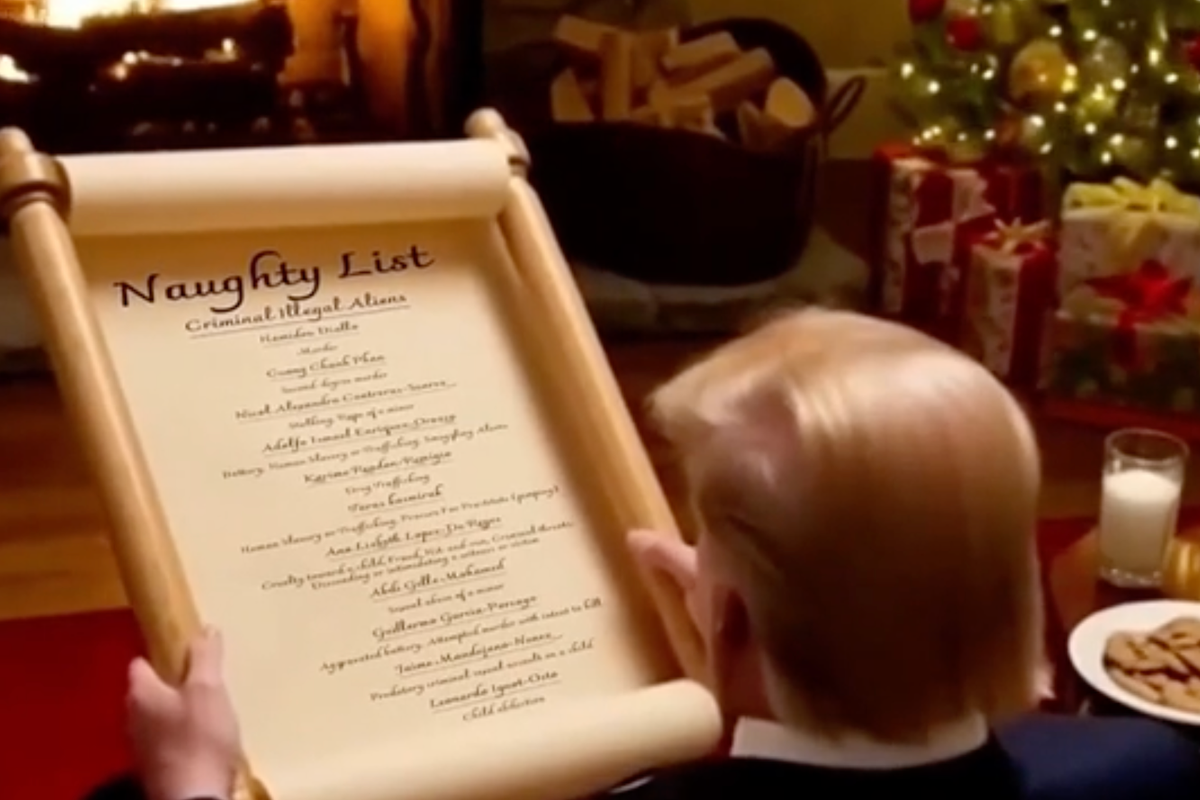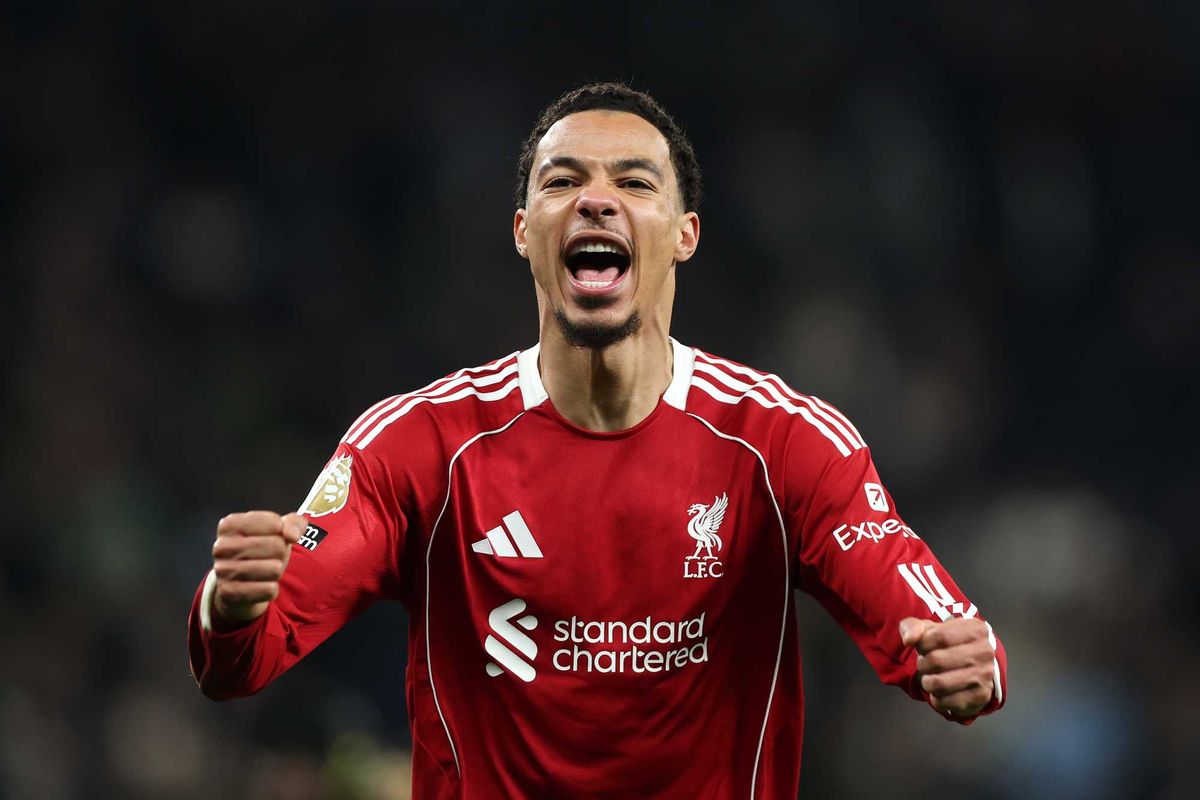News
Moya Lothian-McLean
May 11, 2020
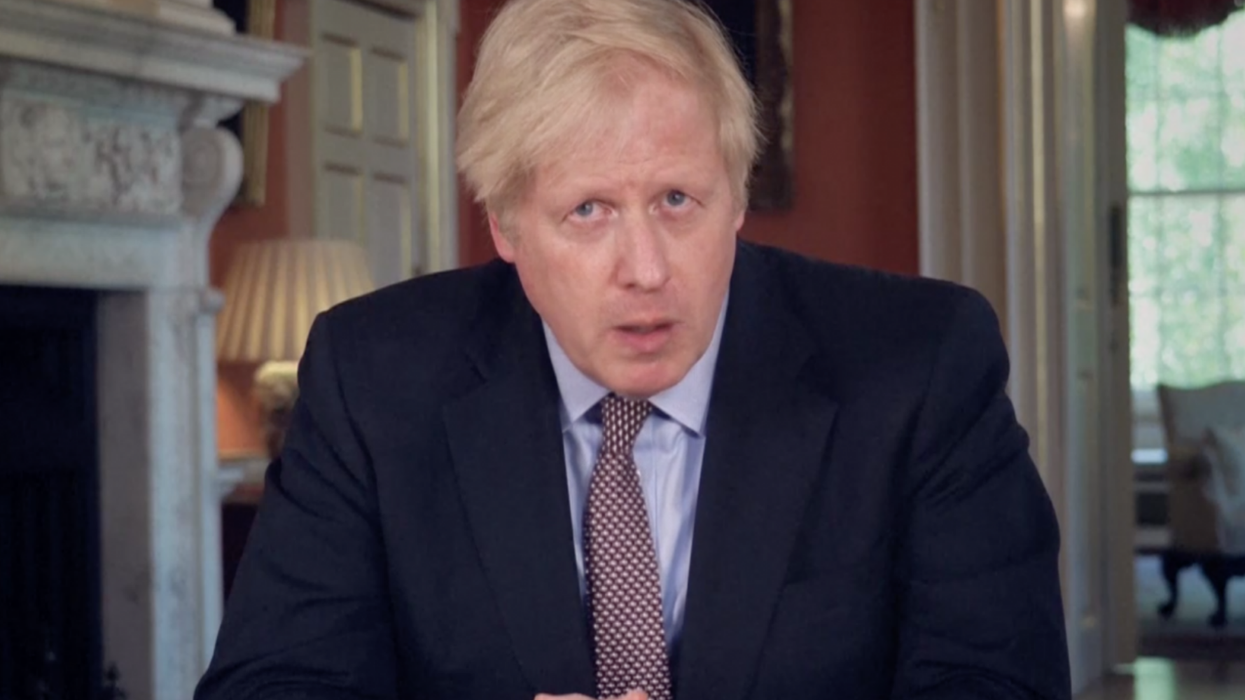
by Moya Lothian-McLean
Covid-19 has a race problem.
By mid-April, what had initially begun as a worrying pattern, noted via word-of-mouth warnings, had been confirmed by hospital admission data as a deadly, undeniable trend: black, Asian and minority ethnic individuals were dying from the virus at a noticeably higher rate than white people were.
Last week we learned exactly to what extent: ONS analysis revealed that black men and women are almost twice as likely to die from coronavirus than their white counterparts. Men from Bangladeshi and Pakistani backgrounds also had higher mortality rates, being 1.8 times more likely to die if they contracted coronavirus.
Why is this? Experts aren’t 100 per cent sure. Contributing factors are inequalities in health, living standards and employment, all drawn along racial lines. Coronavirus has been shown to have hit poorer areas of the UK twice as hard BAME individuals are more likely to be living in deprived communities and employed in professions included in the key worker bracket, such as healthcare.
Ethnic minorities are now at the worst intersection: overrepresented in groups likely to be exposed to coronavirus, with pre-existing inequalities placing them at a disadvantage when it comes to overcoming it.
Yet on the matter of this glaring racial disparity, Boris Johnson has been uncommonly quiet.
It’s a particular type of silence that hangs heavy as a lead balloon, and only seems to manifest when Johnson is ignoring an issue he can’t make go away.
As far as referencing that fact that black people living in Britain – who make up only 3 per cent of the total population – have double the chance of dying of coronavirus than white people, there’s been nary a mention, bar a clipped acknowledgement via Johnson’s official spokesperson on Thursday.
“Every death from this virus is a tragedy,” the spokesperson said. “We are aware that this virus has sadly appeared to have a disproportionate effect on people from black and minority ethnic backgrounds”.
So far Johnson has yet to respond to calls from over 70 prominent BAME individuals for an independent public inquiry into the issue.
As for Johnson’s number two, Dominic Raab, he responded on Thursday to a question about the ONS findings into the racial gap in Covid-19 mortality rates. Sounding flustered, Raab said that the government had instructed Public Health England to look into how coronavirus is affecting “different communities but particularly the BAME community”.
“Once we’ve got the advice back from them we’ll know what interventions can sensibly be made," he added. "We need the scientific evidence to back up any policy decisions that we would want to make on that front”. But what the scientific evidence had already laid bare is why Raab was being posed the question in the first place.
Boris Johnson has a chequered history when it comes to race and has long been dogged by accusations of overt racism against pretty much any ethnic minority going.
He has called black people “piccaninnies [...] with watermelon smiles". In his 2004 "comic" novel, Seventy-two Virgins, Johnson included slurs like the N-word, described Arab people as having “hook noses” and “slanty eyes”, referred to mixed-race Brits as “half-caste”, and used slurs like “pikey”. That’s not even mentioning his infamous soundbite about Muslim women who wore burqas looking like “letterboxes”.
In terms of his inner circle, Muslim Tory peer Baroness Warsi has said on multiple occasions she'd be worried if Michael Gove ever became PM, while his chief strategist Dominic Cummings has penned blog posts that have attracted cries of antisemitism.
Then there was the 2019 election campaign that won Johnson a triumphant Tory majority, conducted on a platform of thinly-veiled nationalist sentiment wrapped up in a shiny Brexit slogan.
So now, while people of colour are dying of Covid-19 at a vastly accelerated rate, it seems unlikely that Johnson will suddenly turn around and sincerely acknowledge the complex racial inequalities that have created this unjust situation.
But he must. And fast.
To honour those who have died is to speak the truth of the circumstances that may have helped contribute to their deaths. Erasing the impact of Covid-19 on certain communities in order to keep peddling the narrative that we’re “all in this together” is a betrayal of the dead.
Racial inequality is real: it doesn’t exist in a vacuum. Neither does Covid-19. Johnson has the opportunity here to reach out to neglected parts of his public.
This could be a turning point. But I won't hold my breath.
Top 100
The Conversation (0)





